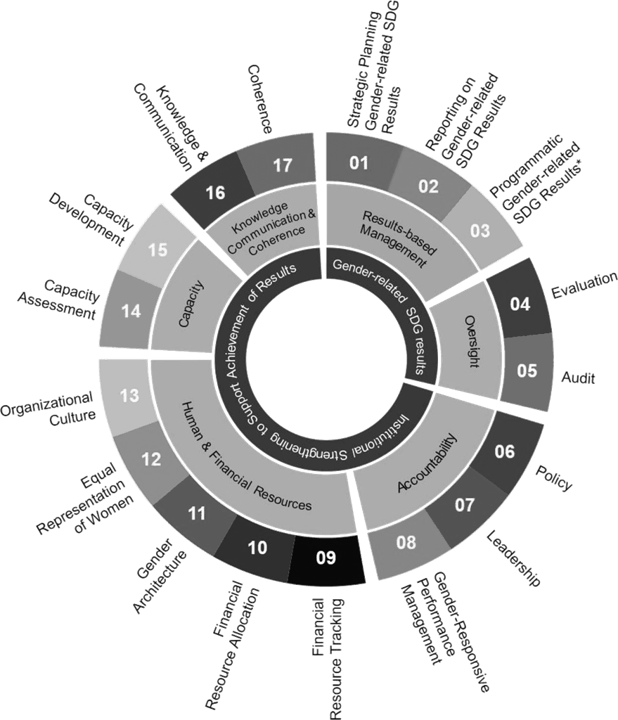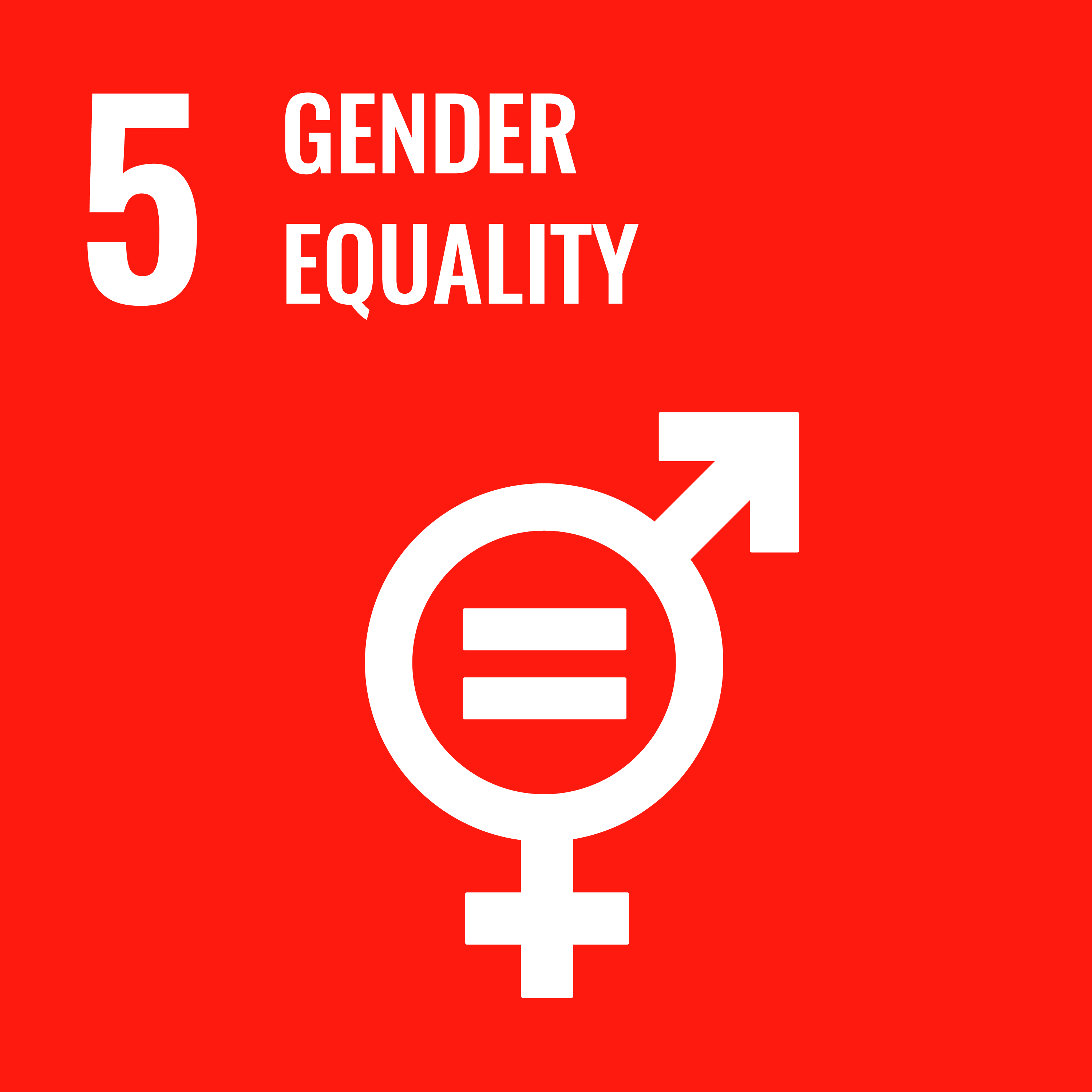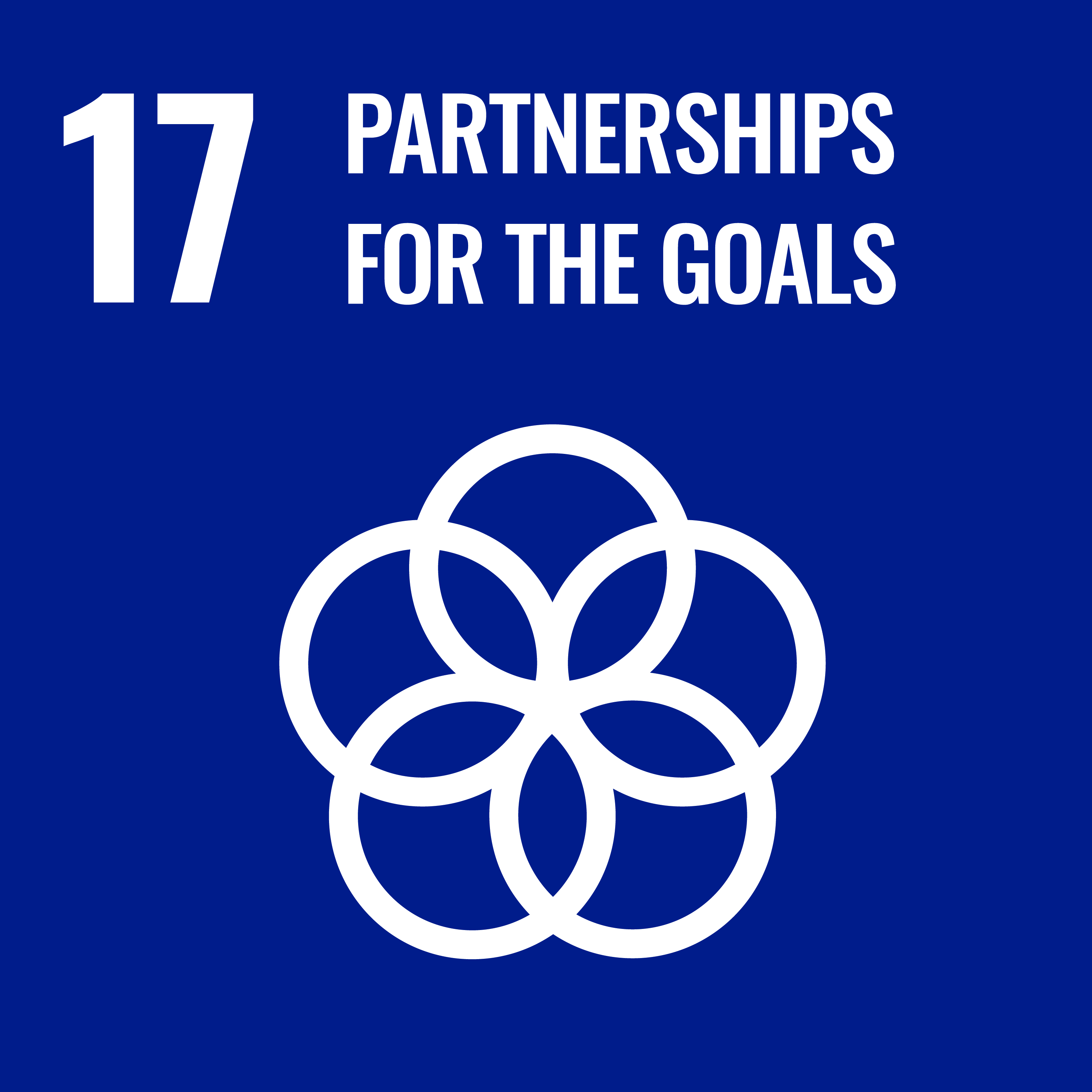Contributes to achieving SDGs
Key results
of United Nations Country Teams
that developed Cooperation Frameworks in 2023 prioritized gender equality (72 per cent in 2022) with UN Women’s support

United Nations entities
(73 in 2022) reported on the System-wide Action Plan (UN-SWAP 2.0)
United Nations Country Teams
reported on the UNCT-SWAP (76 in 2022) on their gender mainstreaming performance



